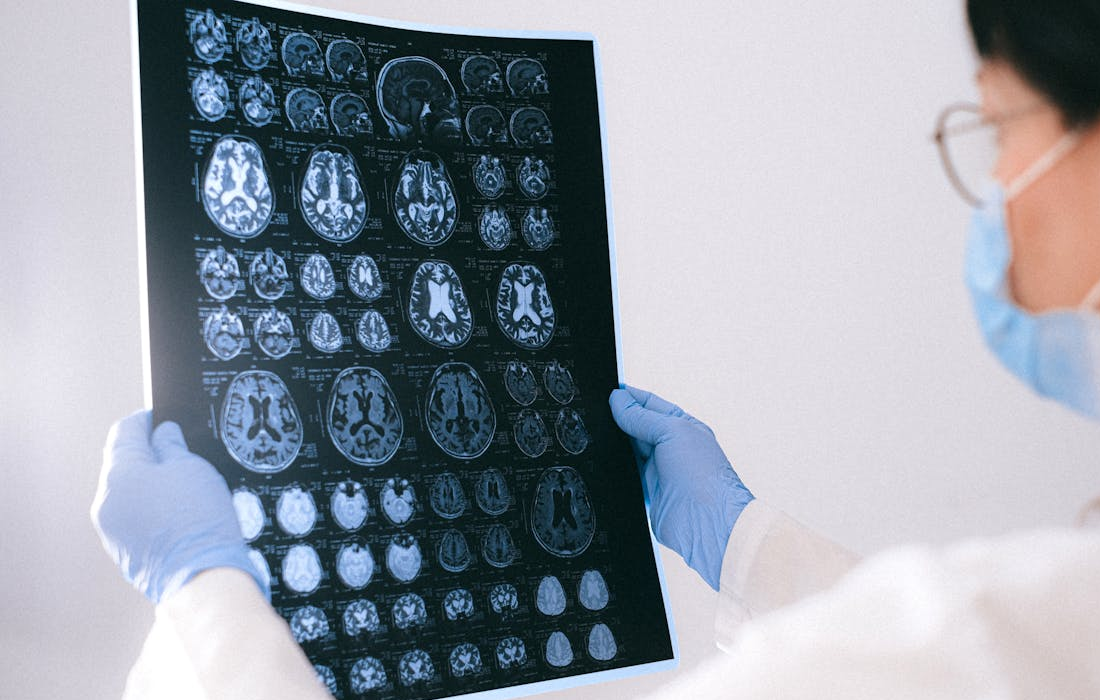Use of calcium and vitamin D supplements in women who are postmenopausal may reduce the risk of death from cancer, but they may also increase risk of death from cardiovascular disease. That’s according to research published today in the journal Annals of Internal Medicine, which reports that women who took calcium and vitamin D supplements […]
Author Archives: Karely Vega, MD
People using anabolic steroids could be increasing their underlying risk of a heart condition called atrial fibrillation, a new study has found. The new research published in the Journal of Physiology conducted by an interdisciplinary consortium of clinicians and researchers led by University of Birmingham and collaborators in Germany. The team found that male sex […]
Many vaccines, including vaccines for hepatitis B and whooping cough, consist of fragments of viral or bacterial proteins. These vaccines often include other molecules called adjuvants, which help to boost the immune system’s response to the protein. Most of these adjuvants consist of aluminum salts or other molecules that provoke a nonspecific immune response. A […]
Researchers at DZNE provide evidence that traces of the widely used PFAS chemicals in human blood are associated with unfavorable lipid profiles and thus with an increased risk of cardiovascular diseases. The findings are based on data from more than 2,500 adults from Bonn and the Dutch municipality of Leiderdorp. PFAS were detectable in the […]
Sleep helps consolidate our memory of complex associations, thus supporting the ability to complete memories of whole events. Researchers had known for some time that sleep consolidates our memories of facts and episodic events. However, the research to date has concentrated mainly on simple associations — that is to say, connections between elements, such as […]
The gastrointestinal tract is already known to researchers as a major storage site for micro- and nanoplastic particles (MNPs) in the human body. A research consortium consisting of the University of Vienna, the Medical University of Vienna and other partners under the leadership of CBmed GmbH in Graz has now investigated the effects of the […]
Magnetite, a tiny particle found in air pollution, can induce signs and symptoms of Alzheimer’s disease, new research suggests. Alzheimer’s disease, a type of dementia, leads to memory loss, cognitive decline, and a marked reduction in quality of life. It impacts millions globally and is a leading cause of death in older individuals. The study, […]
In a new study, participants’ levels of consumption of refined carbohydrates were statistically linked with their facial attractiveness as rated by heterosexual volunteers of the opposite sex. Visine and colleagues at the University of Montpellier, France, present these findings in the open-access journal PLOS ONE. The Western diet consists of high levels of refined carbohydrates […]
Researchers from the Broad Institute of MIT and Harvard, Harvard Medical School, and McLean Hospital have uncovered a strikingly similar suite of changes in gene activity in brain tissue from people with schizophrenia and from older adults. These changes suggest a common biological basis for the cognitive impairment often seen in people with schizophrenia and […]
Adults who reported drinking two liters (about 67 ounces) or more of sugar- or artificially sweetened drinks per week had a higher risk of an irregular heart rhythm known as atrial fibrillation compared with adults who drank fewer such beverages, according to new research published in Circulation: Arrhythmia and Electrophysiology, a peer-reviewed journal of the […]










